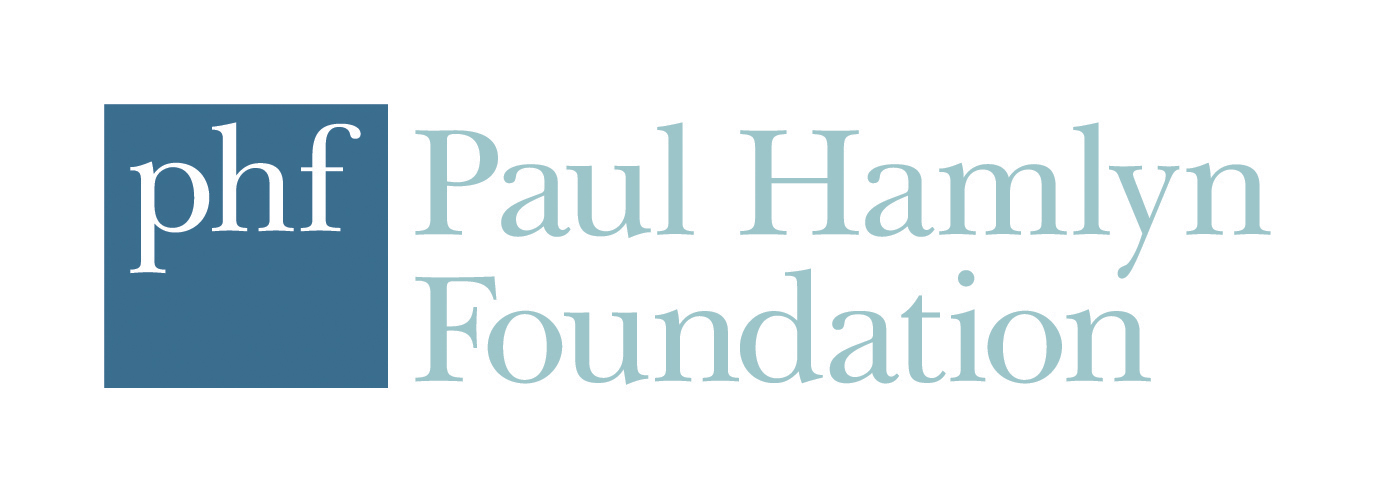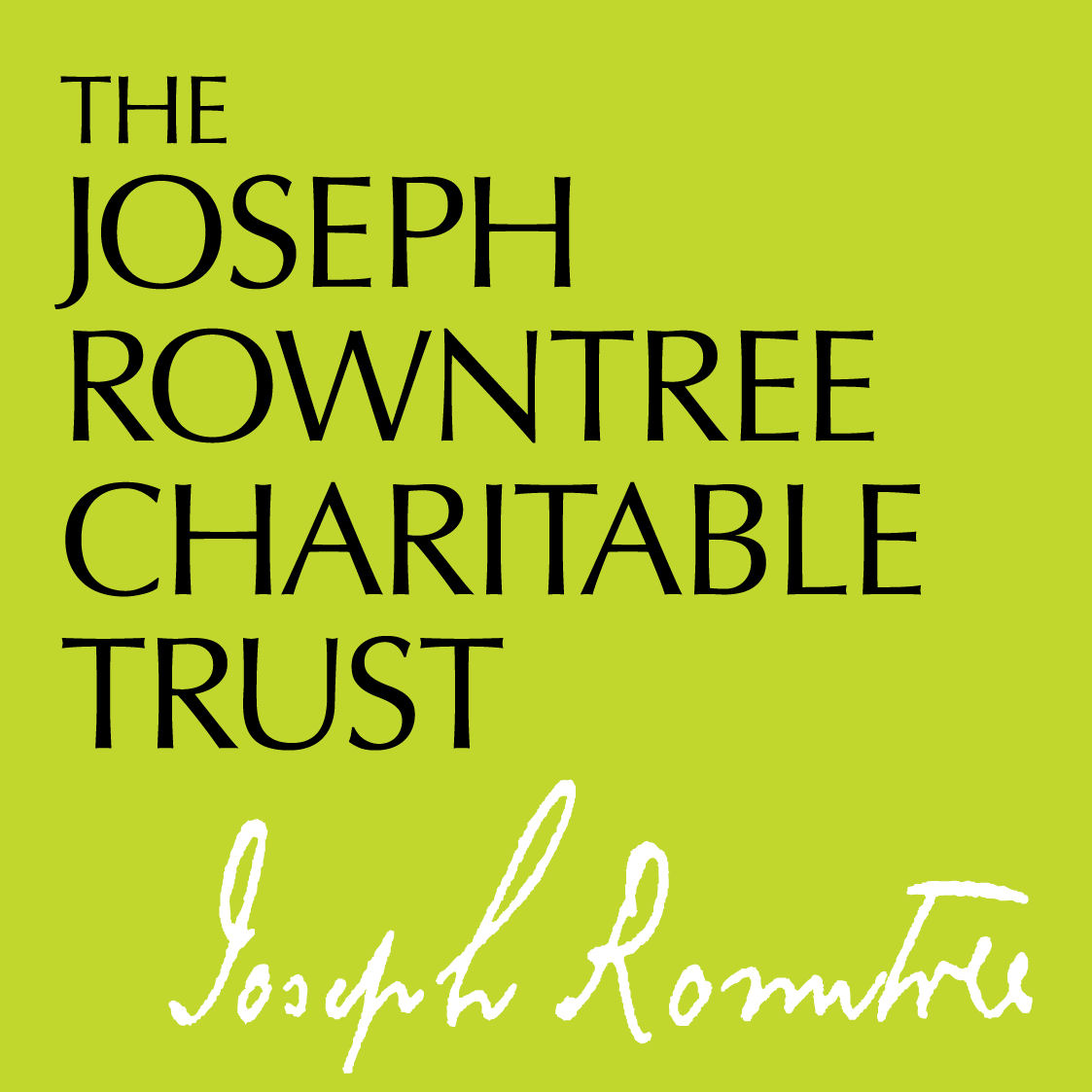THE Institute of Race Relations (IRR) was established as an independent educational charity in 1958 to carry out research, publish and collect resources on race relations throughout the world. In 1972, the IRR’s membership backed the staff in a radical transformation of the organisation from a policy-oriented, establishment, academic institution into an anti-racist ‘thinktank’. The IRR began to concentrate on responding to the needs of Black people and making direct analyses of institutionalised racism in Britain and the rest of Europe. (For more information on the IRR’s first fifty years, watch the below slide show on IRR’s history, a new film by Rainbow Collective and the 1982 documentary ‘Here and Now’) Today, the IRR is at the cutting edge of the research and analysis that inform the struggle for racial justice in Britain, Europe and internationally. It seeks to reflect the experiences of those who suffer racial oppression and draws its perspectives from the most vulnerable in society.
Struggling on, staying strong: Reflections on IRR50
To mark 50 years since the radical transformation of the Institute of Race Relations, staff and council of management members reflect on the IRR’s longevity and place in British anti-racism. Filmed and produced by Rainbow Collective.
Here and Now: Rare BBC film on the IRR’s transformation from 1982
Produced by Pebble Mill studios, Paula Ahluwalia spoke to A. Sivanandan, Stuart Hall, Jenny Bourne, Hazel Waters, Cedric Robinson, Colin Prescod and Kenneth Leech about the unique history of the Institute of Race Relations and it’s radical transformation, precipitated by the Extraordinary General Meeting of 18 April 1972.
IRR History – the first 50 years slideshow
Research
The IRR’s reputation is built on its investigations and analyses into pressing issues of contemporary British racism. These investigations have covered such areas as racism and the press, police racism, exclusions from school, deaths in custody, the plight of asylum seekers, anti-Muslim racism, the impact of anti-terrorist legislation and attacks on multiculturalism. The IRR also conducts research on racism in other European countries, examining the rise of racial violence and extreme-Right parties, asylum and immigration policies, human rights violations, policing and security policies and the ‘integration debate’.
More on IRR’s research
Publishing
The world-famous international journal Race & Class is published quarterly by the Institute of Race Relations. The organisation also publishes IRR News, an online alternative news service against racism and for social justice, which seeks to give a voice to the voiceless through coverage of stories the mainstream media ignores. The IRR also publishes reports and briefing papers on aspects of developments in both UK and European racism. As part of its educational work, the IRR has developed a number of educational resources on racism and especially its historical roots.
More on IRR’s publications
Information and dissemination
Rare material on black history and black settlement has been collected by IRR into a Black History Collection, which is now housed at the London Metropolitan Archives. The IRR also holds conferences, meetings and seminars on aspect of contemporary racism.
Funding
The IRR is an independent educational charity which receives no government or other allied official funding. It generates income through its publications, supporters and subscribers, and also receives grants from charitable trusts and other bodies – currently including Paul Hamlyn Foundation (PHF), Joseph Rowntree Charitable Trust and Garden Court Chambers. To make a one-off or regular donation to the IRR, click here.
 |
 |
 |
Legal
The Institute of Race Relations is a UK-registered charity, number 223989, and a UK-registered company, number 601929, VAT registration number 238 8869 01. All correspondence to: Institute of Race Relations, 28 Charles Square, London, N1 6HT, UK. The IRR is precluded from expressing a corporate view: the opinions expressed on this website are therefore those of the authors. The IRR is not responsible for the content of linked external websites. Inclusion of a link does not constitute an endorsement. To the extent permitted in law, we do not accept any responsibility for any statement in the material on the IRR website. You must not rely on any statement we have published on the IRR website without first taking specialist professional advice. For the avoidance of confusion, we will not be liable for any loss caused as a result of your doing, or not doing, anything as a result of viewing, reading or listening to the material or any part of it.
Related links
Annual Report 2023 (January 2024)
Annual Report 2022 (December 2022)
Annual Report 2021 (January 2022)
Annual Report 2020 (December 2020)
Annual Report 2019 (December 2019)
Annual Report 2018 (December 2018)
Annual Report 2017 (December 2017)
Annual Report 2016 (December 2016)
Annual Report 2015 (December 2015)
Annual Report 2014 December 2014)
Annual Report 2013 (January 2014)
